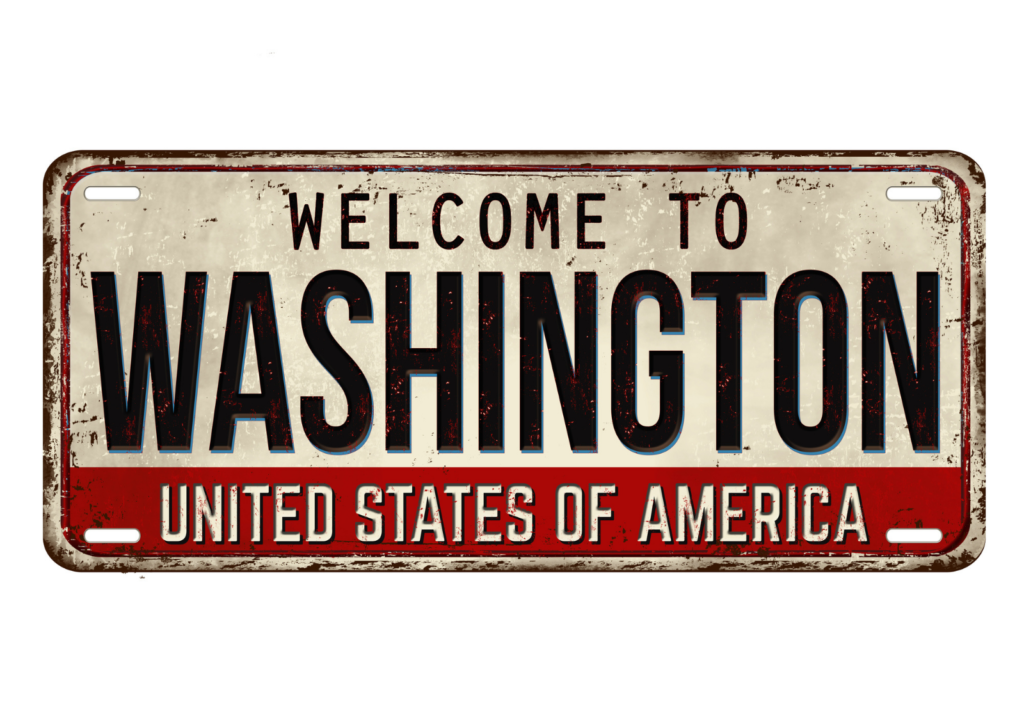The year 2020 was a shock for all of us from both personal and business perspectives, but 2021 is shaping up to look much better, especially for Washington cannabis companies. In the past three months, I have had serious conversations with many clients and prospective clients regarding M&A activities. The pace of inquiries has accelerated significantly since early January.
Recently I wrote about Washington M&A activity (see here):
MSOs (multi-state operators) and international cannabis companies (especially Canadian public companies) are trying to buy and sell interests in WSLCB licensees. We can expect more of this in 2021 and more WSLCB resistance to MSOs and foreign funds investing in the Washington cannabis market.
Based on the term sheets we have been receiving and preparing, it is clear that retail licenses, which have always been in demand, continue to be the most desirable acquisition targets and command the best value. We have seen offers for bare retail licenses go as high as $1MM each, while groups of retail licenses with a consistent, solid retail brand go for many times that amount.
There is increasing interest in producer and processor licenses, as well, with bare licenses generally topping out around the mid-$400k range for a Tier 3 license. Where additional assets are involved, and especially where the seller has created a viable business ecosystem (and not just sat on a license), many other valuation factors come into play in the negotiation process.
Purchase options are always in demand where non-Washington and non-U.S. funds are involved because the pure sale of a purchase option, where no money flows through to the licensed company, does not need to be disclosed to the WSLCB. That allows MSOs and international operators to buy and sell the bulk of a licensee’s Washington marijuana-affiliated assets without WSLCB oversight.
This restriction also means that companies that are willing to hold cannabis escrow funds and act as closing agents are always in high demand. As attorneys we cannot represent our clients and act as escrow or closing agent for our deals, so if you know any good cannabis transaction escrow companies, please send them my way. I am always on the lookout for more industry contacts.
With industry consolidation comes a general increase in sophistication among potential acquirers, and that also means there are more tire kickers and window shoppers. If you are a prospective buyer, do not try to save money by avoiding an attorney and having your broker prepare your term sheet or letter of intent (LOI). You will most likely come across as an unmotivated buyer and get ignored.
I know that brokers provide valuable input and services, and many of them are well worth their salt. But I can always spot a term sheet, LOI, or contract that was prepared by a broker – or sometimes worse – by both sides’ brokers before any attorney is consulted. Save yourself some time by having your broker put your bullet points down in an email to your transaction attorney. Your attorney will thank you for it, and your deal will go much smoother from the gate.
And one other tip: don’t confuse a real estate broker with a business broker. I cringe every time I get an LOI that comes from a real estate broker’s office because it is always less helpful than one coming from a business broker who is playing attorney. I have no problem with brokers flexing outside their core territory if they get it right, but it is often not right. (Once I was involved in a deal where the contract needed six amendments because the parties insisted we stick with the original subpar contract prepared by the brokers. It wasn’t cheap or easy for anyone involved from that point on.)
On the bright side, I had a great conversation recently with an M&A advisory firm based in Silicon Valley, and they report that cannabis business valuations are getting more grounded in reality. That is better for buyers than sellers, but it is really good for everyone because it means the market is maturing and we will have more solid data to rely on. This firm formerly worked exclusively in tech and since 2017 has worked exclusively in cannabis, helping prospective sellers and buyers justify company valuations as the purchase price negotiations are happening. Here is what I learned:
- Private companies are currently valued at ~8-10x earnings
- The market is shifting away from earnings toward an EBITDA model to reward better companies
- For 2021 sales, a current EBITDA of 5-6x is appropriate
- A $20-30MM revenue company could defend 8-10x multiple of EBITDA
- For retail companies
- Valuations dropped to 0.75x revenues in 2020 but have already increased to 1.25x revenues in 2021
- EBITDA margins are at least 15% and there is still some room for growth
- Brands still hold the most potential; a good brand can get 2-2.5x revenue
So as we’re off to the races in 2021, keeping these points in mind will help sellers get good value for their companies and buyers establish good metrics upon which to make their offers. See you out there.
Need Help With Washington Cannabis Law?
























